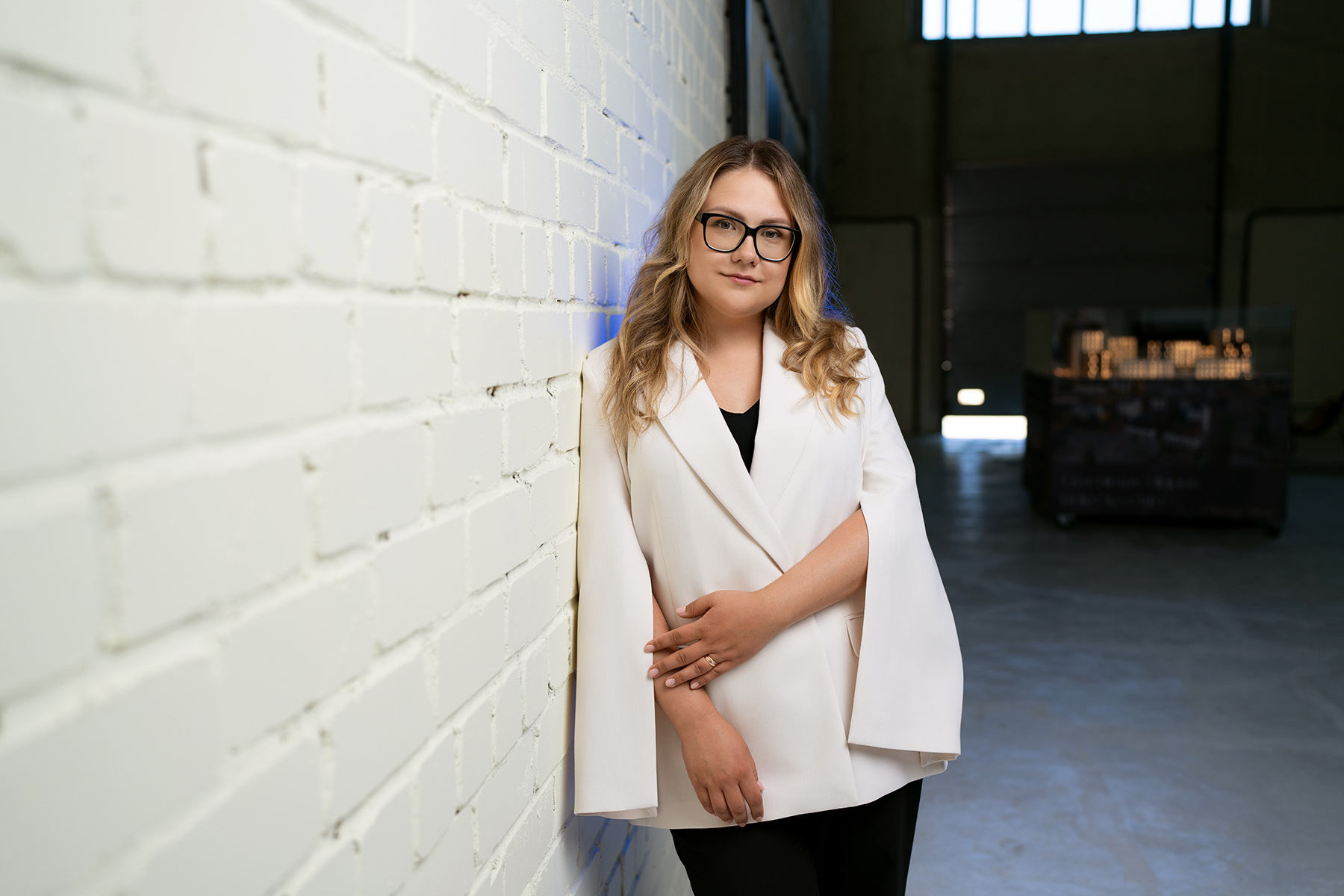Agriculture Minister Wiersma does not want information from farms to be public: requests shut down
:format(webp)/s3/static.nrc.nl/images/gn4/stripped/data111561371-e4852e.jpg)
Agricultural Minister Femke Wiersma has shut down the handling of « between ten and twenty » information requests. This confirms a spokesperson for the ministry after asking from NRC. « The minister is concerned about making personal and business -sensitive information public, » said the spokesperson. These requests include the number of animals and the locations of the stables of farmers. Based on this, the effectiveness of the nitrogen policy (and any following buy -out schemes) can be calculated.
It is legally laid down that this data must be revealed, says Annemarie Drahmann, assistant professor of state and administrative law at Leiden University. « It was agreed in an international treaty that environmental data is of great social importance. In addition, citizens must be able to find information about their immediate environment, for example whether there is a heavily polluting company in the neighborhood. ” Previous WOO requests about such data were therefore also granted.
Citizens must be able to find information about their immediate environment, for example whether there is a heavily polluting company in the neighborhood
The requests for information that the minister has now stopped have been requested by various organizations on the basis of the Open Government Act (WOO). This includes Environmental Movement Mob, known from lawsuits in the field of the nitrogen file, animal welfare organization Wakker Dier and Journalists, including NRC.
The Netherlands Enterprise Agency (RVO), which manages the data on behalf of the Ministry, had already decided to make the data public for some requests. The RVO has been called back by Wiersma because the procedure in which farmers are requested for a response would not be careful enough.
To assure
Minister Wiersma (agriculture, fishing, food security and nature, BBB) believes that more effort should be made to inform everyone involved. Because information requests are about thousands of farmers, a statement is often placed in the Government Gazette. Agricultural interest groups are also informed. Farmers are concerned about making addresses public and are afraid of animal rights activists.
It is not yet clear how the ministry wants to set up the so -called 'opinion procedure' differently, which will certainly take a few weeks. Until then, the WOO procedures are stopped. After that, farmers must be asked again for reactions, which is time -consuming. Some requests were submitted years ago.
Jurist Stijn van Uffelen, who conducts WOO procedures on behalf of Mob, sees a delay tactics. « The Ministry clearly hopes for many objections, so that the procedures take years to handle. » Since Wiersma took office, in July 2024, the procedures are running, he says. « The requests are no longer responded to at all, despite calling or emailing. »
One of Mob's requests is about Pasperslivestock farmers who are without a permit after a decision of the Council of State in 2019. These farmers are therefore in violation and MOB wants to force provinces to maintain on this. « It has already been decided to provide the information, but I don't have the information yet, » says Van Uffelen. « I also don't get an answer from the RVO to the question when I do receive the data. » RVO does not want to respond and refers to the Ministry of Agriculture.
Wakker Dier requests information about livestock farms to calculate, among other things, death rates of cattle, says Wakker Dier Director Anne Hilhorst. « That is significant data if you want to know how cattle are handled in the Netherlands. »
Wakker Dier received no response to a request for four months that it submitted last year, despite repeated questions. In the end, the WOO procedure turned out to have been stopped by the ministry. The requested information will ultimately become public, thinks Hilhorst. « But the cattle industry also wins in the event of a delay. Then we have outdated data. » The Ministry of Agriculture calls the suggestion that it is deliberately delayed 'nonsense'.
No relevant information
According to Drahmann from Leiden University, it is not necessary to ask farmers to make an opinion. « That procedure is intended for governments who have insufficient information to make a decision, » said Drahmann. « But there are hardly any grounds for this type of data to refuse disclosure. An opinion procedure therefore does not provide new relevant information. ” Farmers must be notified before their data is made public so that they get the chance to go to court, says Drahmann.
Agricultural and horticultural organization LTO, POV (producer organization Pig farming) and Vee & Logistiek sent a letter to the Ministry in June 2024, in which they complained about the WOO requests. They are afraid of actions of animal rights organizations as well as addresses become public. « Working and living is done in the same yard. Children help to feed animals, « says the letter, which was made public after a WOO request.
The ministry invited the organizations for an interview. In it the organizations would « be offered the space » to explain their worries, the ministry writes.
The pressure was further increased in November when BBB leader Caroline van der Plas asked the cabinet in the Lower House to adjust the Open Government Act and to better protect farmers. State Secretary Eddie van Marum (Home Affairs, BBB) promised to talk to the sector.
A LTO spokesperson does not want to say anything about the content of the conversation, except that it took place. « We are not campaigning De Woo, we are for a transparent government, » says the spokesperson. « But information that can be traced to housing places of families should not be public. » The spokesperson acknowledges that it is difficult to check the effectiveness of buy -out schemes without the locations of the stables. « That's a dilemma. »
Read also
Ministries is unable to treat requests from citizens faster

:format(webp)/s3/static.nrc.nl/bvhw/files/2023/05/data98607874-e1791d.jpg)
/s3/static.nrc.nl/images/gn4/data133305331-966bd5.jpg)
:format(webp)/s3/static.nrc.nl/wp-content/uploads/2025/05/31183300/web-3105BUI_Gaza06.jpg)


